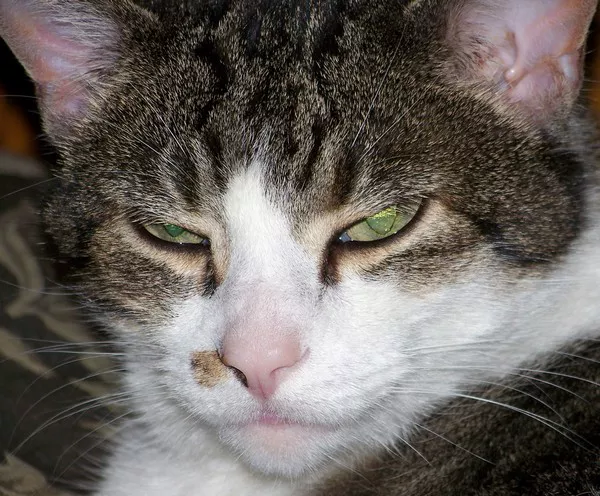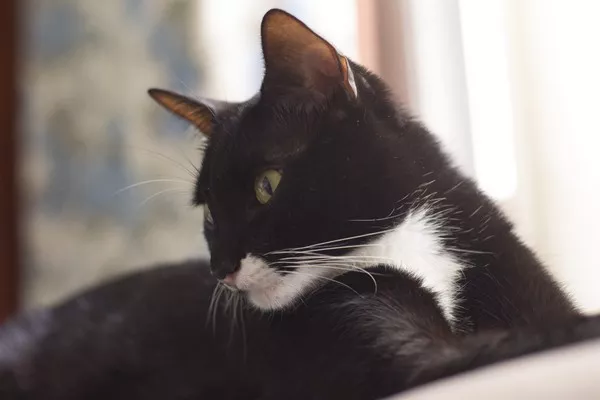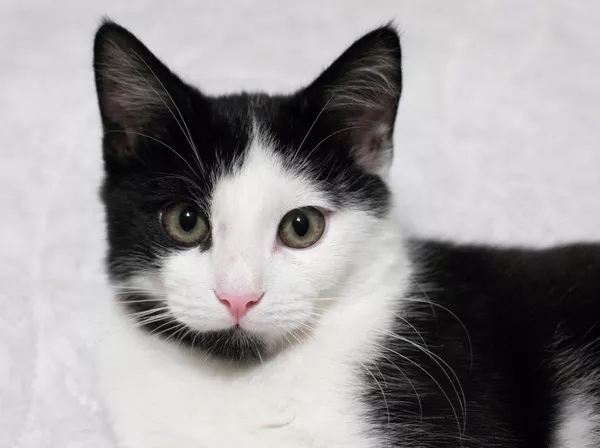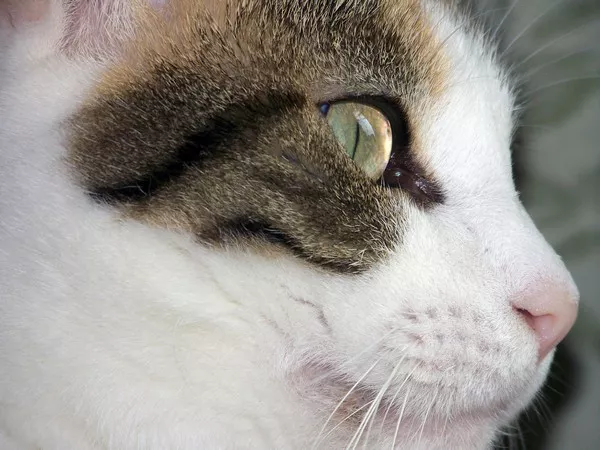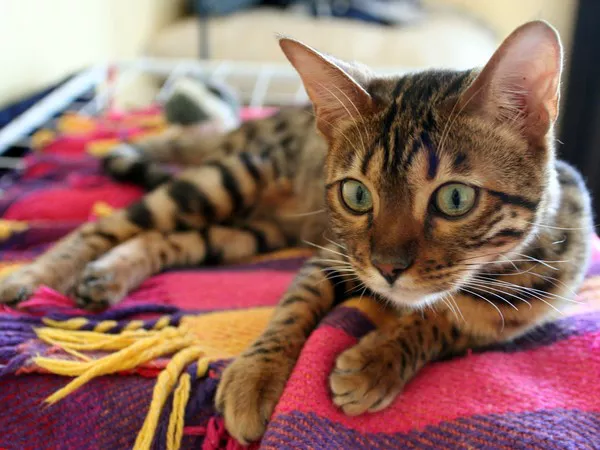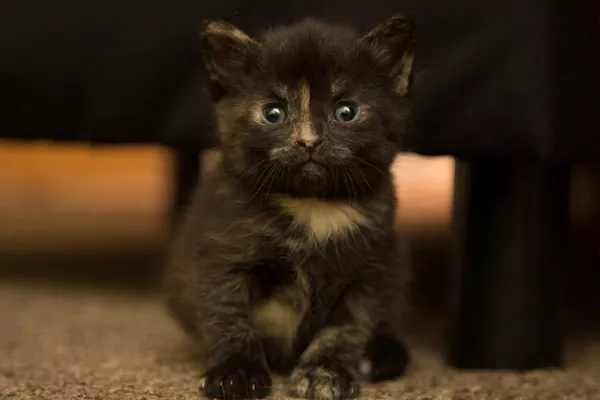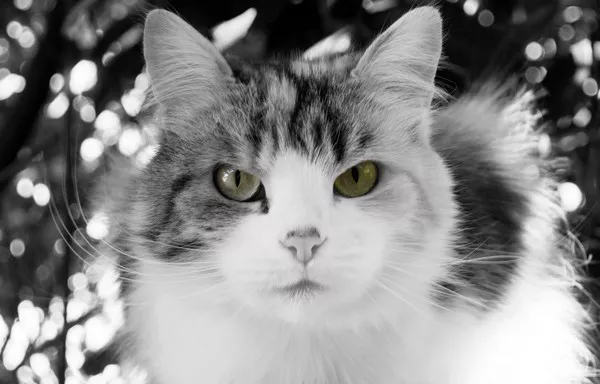The Korat, a breed with a rich history and a striking appearance, is often admired for its beauty and gentle demeanor. However, when it comes to their preferences, particularly regarding being held, Korats exhibit unique behaviors that can differ from many other cat breeds. Understanding these preferences requires a deep dive into the Korat’s personality, their history, and their natural instincts. This article explores whether Korats like to be held, providing detailed insights into their temperament, behavior, and how best to approach physical affection with these elegant cats.
The History and Origins of the Korat
The Korat breed hails from Thailand, where it is considered a symbol of good luck. Known as “Si-Sawat” in its native country, the Korat is one of the oldest and purest cat breeds, with records of its existence dating back several centuries. In Thai culture, Korats are often given as gifts to bring prosperity and happiness to households. Their silver-blue coat, heart-shaped face, and luminous green eyes are distinctive features that set them apart from other breeds.
Understanding the Korat’s origins is essential to comprehending its behavior and personality. The Korat’s development in the tropical climate of Thailand has contributed to its social and affectionate nature. However, this background also plays a role in the breed’s specific preferences when it comes to human interaction, including being held.
The Personality and Temperament of Korats
Korats are known for their intelligence, curiosity, and strong attachment to their human companions. Unlike some breeds that are more independent, Korats thrive on interaction and are often described as being very “people-oriented.” They enjoy being involved in their owner’s daily activities and are known to follow their humans around the house, seeking attention and companionship.
However, despite their affectionate nature, Korats also have a strong sense of independence. They are confident cats that can be quite particular about how they are treated. This mix of affection and independence is what makes their attitude towards being held somewhat complex.
Do Korats Like to Be Held?
Understanding Their Preferences
Whether a Korat enjoys being held can vary greatly depending on the individual cat’s personality, experiences, and the way they are approached. Generally, Korats are not a breed that immediately enjoys being picked up and held for long periods. They prefer to interact with humans on their own terms, which means they might not always appreciate being held in a way that restricts their movement.
Korats are known to be quite tactile, and they love being petted and stroked, especially around their head and neck. However, when it comes to being held, they may prefer sitting next to you or on your lap rather than being held tightly in your arms. This doesn’t mean they are unaffectionate; rather, they express their affection in ways that allow them to maintain a sense of control and freedom.
The Role of Socialization
The way a Korat is socialized from a young age can significantly influence its comfort level with being held. Kittens that are gently handled and accustomed to human contact from an early age are more likely to tolerate and even enjoy being held as they grow older. On the other hand, Korats that have not been exposed to regular handling might be more resistant to being picked up.
Positive reinforcement and gradual introduction to being held can help in making a Korat more comfortable with this form of interaction. Offering treats, speaking in soothing tones, and allowing the cat to initiate the contact are all effective strategies in helping a Korat associate being held with positive experiences.
Individual Variation Among Korats
As with any breed, there is considerable variation in the individual personalities of Korats. Some may be more tolerant of being held than others. Cats that have a particularly strong bond with their owner might show more willingness to be held, especially if they associate it with comfort and security. However, even within the same litter, some Korats might prefer being held more than others.
It’s important for owners to observe their Korat’s body language and behavior to gauge their comfort level. Signs of discomfort, such as struggling, meowing, or trying to escape, indicate that the cat does not enjoy being held and that it’s best to respect their preference.
See Also: Are Korat Cats Good with Other Animals?
How to Properly Hold a Korat
Approach with Care
When approaching a Korat to hold them, it’s essential to do so with care and respect for their space. Sudden movements or grabbing the cat unexpectedly can startle them and create a negative association with being held. Instead, approach the cat slowly, speak softly, and offer your hand for them to sniff. This allows the cat to feel more in control of the situation.
Support Their Body
If the Korat seems open to being held, ensure that you support their body properly. Place one hand under their chest and the other under their hind legs, providing full support and making them feel secure. Holding them close to your body can also help them feel more stable. Avoid holding the cat too tightly, as this can make them feel trapped and anxious.
Pay Attention to Body Language
While holding your Korat, it’s crucial to pay close attention to their body language. A relaxed cat will have a calm demeanor, with their body loose and their ears in a neutral position. If the cat starts to squirm, tense up, or flatten their ears, it’s a sign that they are uncomfortable and would prefer to be put down.
It’s also important to note that Korats might enjoy being held for short periods but become restless if held for too long. Always be prepared to set the cat down if they show signs of discomfort.
Alternatives to Holding: Building Affectionate Bonds
For Korat owners who want to build a close bond with their cat without relying on holding, there are plenty of other ways to show affection and strengthen the relationship.
Petting and Grooming
Korats often enjoy being petted, particularly on their head, neck, and back. Regular grooming sessions can also be a great way to bond with your Korat. Brushing their coat not only helps keep their fur in good condition but also provides an opportunity for physical contact that they are likely to enjoy.
Interactive Playtime
Korats are playful and intelligent cats that thrive on interactive play. Engaging them with toys, games, and puzzles can be a great way to bond. Playtime allows the Korat to express their natural hunting instincts, and it can be an excellent substitute for physical affection if they are not fond of being held.
Quality Time Together
Simply spending time in the same room as your Korat can strengthen your bond. Korats often enjoy sitting or lying next to their owners, and they may follow you around the house just to be near you. Allowing your cat to be close without necessarily holding them can be just as meaningful and comforting for both of you.
Understanding and Respecting Your Korat’s Boundaries
Understanding your Korat’s boundaries and respecting their preferences is key to maintaining a healthy and happy relationship with your cat. While some Korats may enjoy being held, others may not, and it’s important to accept this as part of their unique personality. Forcing a Korat to be held when they are uncomfortable can lead to stress and may damage the trust between you and your cat.
Instead, focus on the forms of affection that your Korat enjoys. Whether it’s petting, playing, or simply being close, there are many ways to show love and build a strong bond without needing to hold your cat. Over time, your Korat may become more comfortable with being held, especially if they feel secure and loved in your presence.
Conclusion
Korats are a fascinating and affectionate breed, but they have their own unique ways of showing and receiving love. While not all Korats enjoy being held, this doesn’t mean they are any less affectionate or attached to their owners. By understanding their behavior, respecting their boundaries, and finding alternative ways to bond, you can build a strong and loving relationship with your Korat. Whether or not your Korat likes to be held, what truly matters is the bond you share. Through patience, understanding, and respect, you can create a fulfilling and joyful relationship with your Korat that suits both of your needs and preferences.
Related Topics


